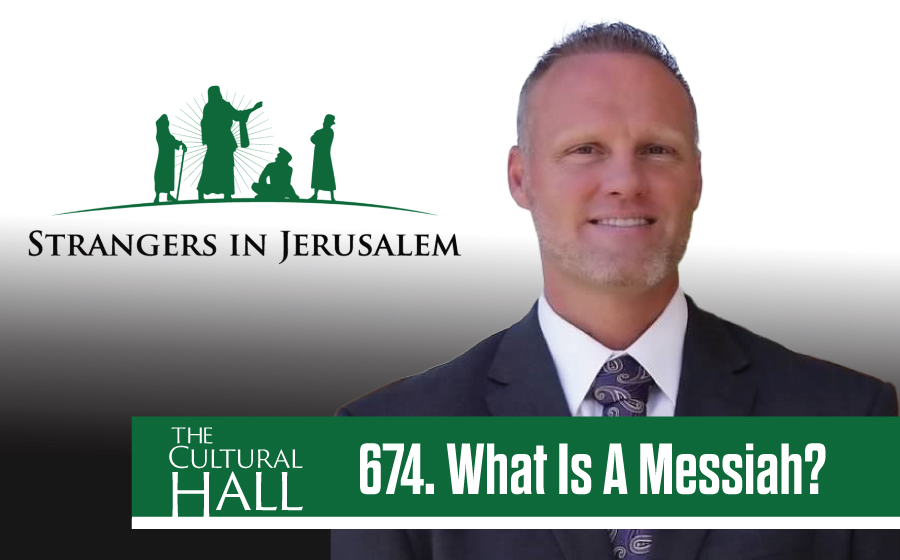What is a messiah?
- Son of God, Son of Man, Messiah, Christ, Anointed One
How did we get from a Messiah being an earthly king to a heavenly hero-savior called Son of Man/Messiah?
- The development of a king to a comic book-style figure
What did Jews at the time of Jesus expect a “messiah to do?”
- Redeem the world, save Israel, restore the Davidic throne, overthrow enemies of Israel, perform miracles, etc.
How did Jesus fit within this messianic context of the first century?
- He didn’t seem to like the term “Messiah” or at least did not want to be associated with it.
Why was Jesus killed? Blasphemy? Because he was “righteous”?
- He was killed because of his insurrection. He held a Messianic parade into Jerusalem and challenged the temple establishment. They listed the crime on the placard above his cross, “King of the Jews.”
Why did Judas “betray” Jesus?
- He didn’t betray Jesus. The word doesn’t mean “to betray” but to deliver. None of the early Christian material gives us a unified picture of what Judas did, why he did it, and what happened to Judas after Jesus’ death.
- But, if Judas believed Jesus was the Messiah like Peter and a bunch of other people, then of course he would turn Jesus over. He can’t lose!
- After things went south, something happened to Judas
- The story is patterned after Ahithophel, Amasa, and Joseph of Egypt
We need to stop blaming “Jews” for the death of Jesus. Or acting like we would have accepted him as the messiah after he died if we Jews living in the first century.
Stranger in Jerusalem book: https://wipfandstock.com/a-
Dr. Trevan G. Hatch is the Anthropology, Bible & Ancient Near East, Middle East, and Religious Studies specialist at the Lee Library at Brigham Young University (currently an associate rank faculty). He is also an adjunct professor in the Department of Ancient Scripture. He earned a B.A. in History at Brigham Young University; an M.A. in Jewish Studies (emphasis in Bible and Jewish origins) at Baltimore Hebrew University and Towson University; a Master of Library & Information Science at the University of Kentucky; a PhD in the social sciences at Louisiana State University with a research emphasis in religion and Judaism; and is currently finishing a doctorate in Jewish Studies (emphasis in Bible and Early Judaism) at the Spertus Institute of Jewish Studies in Chicago. He also studied at two universities in Israel: The Hebrew University of Jerusalem and the University of the Holy Land.
Podcast: Play in new window | Download
Subscribe: RSS

